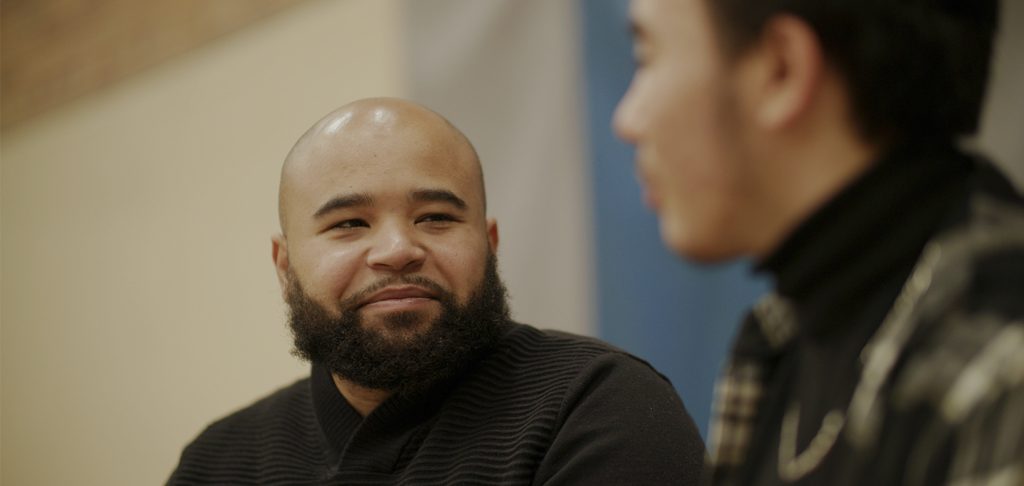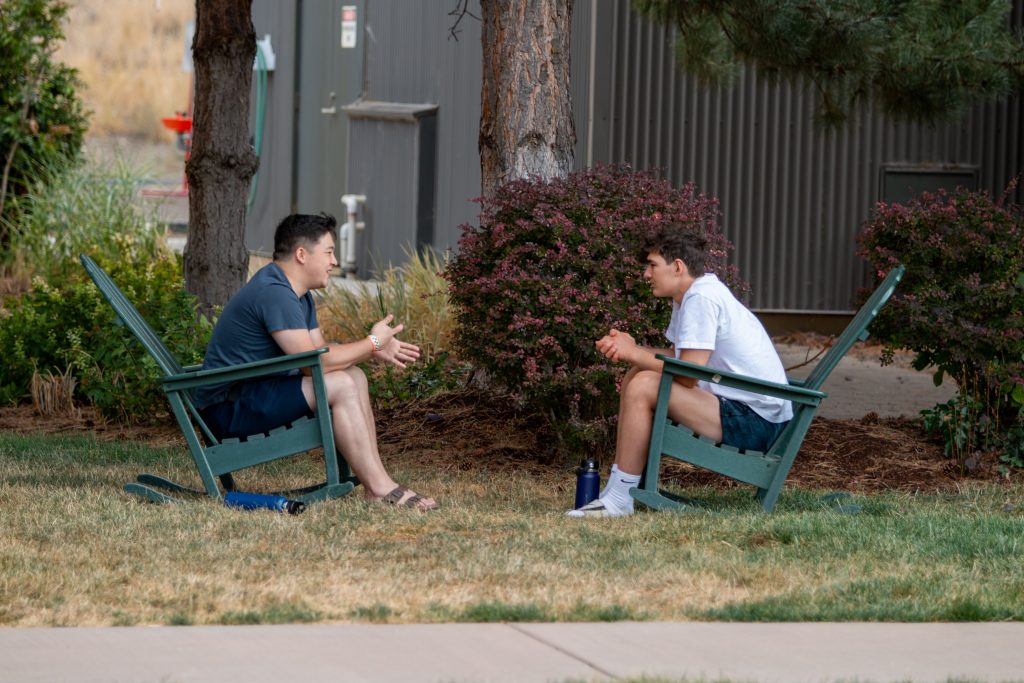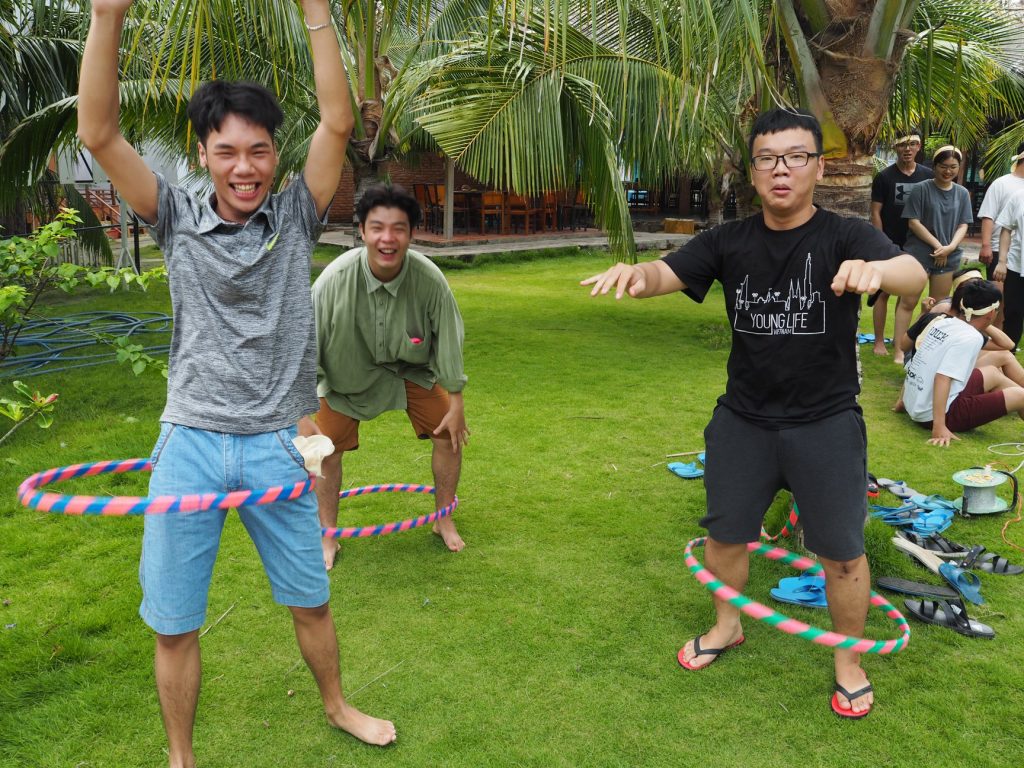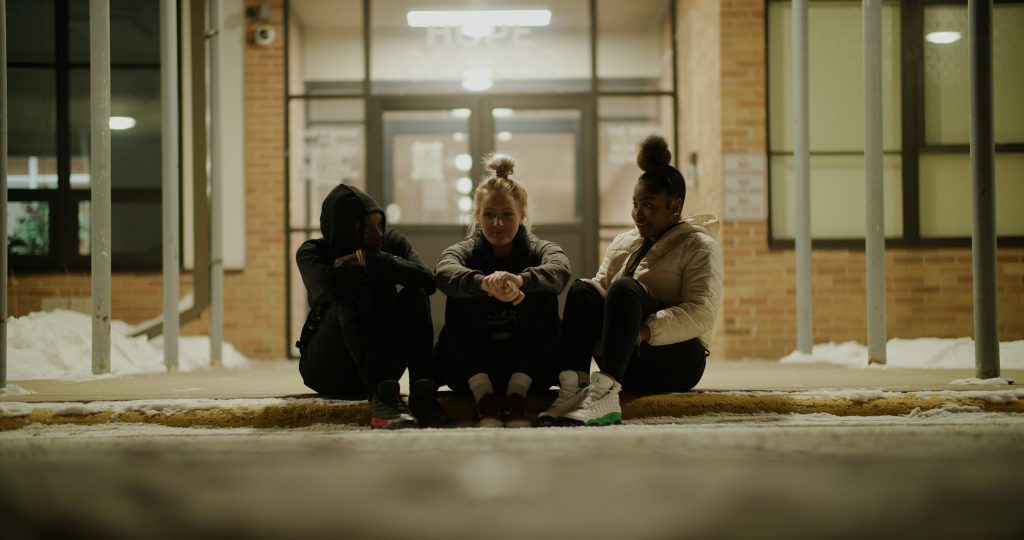Stress is unfortunately a normal and inevitable part of adolescence, but it might just be the worst it’s ever been for Generation Z.
In The RELATE Project, we have found about a third of teens and young adults, particularly in the U.S. and the U.K., experience high levels of stress. This statistic is unsurprising considering the myriad challenges they face: balancing full schedules, meeting societal expectations, pursuing personal goals, and managing numerous relationships.
As adolescents mature, stress tends to increase, particularly between the ages of 16 and 18, as their independence and responsibilities grow. Without effective coping skills and protective factors, Gen Zers can struggle under the weight of this stress. Here’s how we can help equip them with strategies to manage stress effectively:
Faith as a Stress Reliever
One significant factor that can mitigate stress is faith. Teens and young adults who grow up with religion or faith report lower levels of stress overall.
Guiding teens toward faith resources can be beneficial, especially if they have drifted away from these practices. Encouraging them to explore faith-based methods, like prayer, can provide a sense of peace and grounding. Citing data that supports the stress-relieving benefits of faith might convince them to give it a try!
The Power of Music and Other Coping Tools
Music is another top stress-management tool for Generation Z. About two-thirds of teens and young adults listen to music to cope with stress. Other popular options include reading books, connecting with friends, and exercising. In Africa, prayer is the most common stress-relief method.
It’s essential to encourage teens to find what works best for them, which helps them develop a sense of agency. However, if they consistently lean toward unhealthy coping mechanisms or escapism, they may need some guidance to build healthier stress management habits.
Practical Tips for Supporting Teens
- Encourage Positive Activities: Invite them to join you in stress-relieving activities. Go for a drive and listen to their favorite playlist, or take a walk together, even if it’s a silent walk without talking. These activities can provide a break from their stressors and offer a chance to connect.
- Gently Point Out Behaviors: If you notice they often scroll through social media after a hard day, mention it in a non-judgmental way. Ask if they’ve considered other ways of coping with stress and offer to brainstorm strategies together.
- Offer Consistent Support: Teens without a religious or faith identity are particularly vulnerable and need us to stay present in their lives. They might be feeling especially isolated or disconnected and may not know how to address these feelings. Being a trusted adult who boosts their confidence and supports them through challenges can make a significant difference.
Building a Sense of Belonging
Teens who believe in God often report a higher sense of belonging and a more positive view of themselves. This doesn’t mean parents need to join a church or push faith onto teens who aren’t interested. Instead, it highlights the importance of understanding that these teens might be longing for a deeper connection or purpose. Being aware of their potential feelings of isolation can help us provide the support they need.
Supporting Generation Z in managing stress involves understanding the unique pressures they face and offering effective coping strategies.
Faith, music, and positive activities can all play a crucial role in helping them navigate stress. By providing consistent support and encouraging healthy habits, we can help them build resilience and develop a more positive outlook on life. The insights from The RELATE Project remind us that, while stress is inevitable, our approach to managing it can make all the difference for the young adults in our lives.
To learn more about Young Life’s research on Generation Z and Gen Alpha, and to download your own copy of The RELATE Project report, click here.
To become one of the thousands of trusted adults in Young Life’s volunteer network, or to find out how to connect with Young Life in your area, click here!






